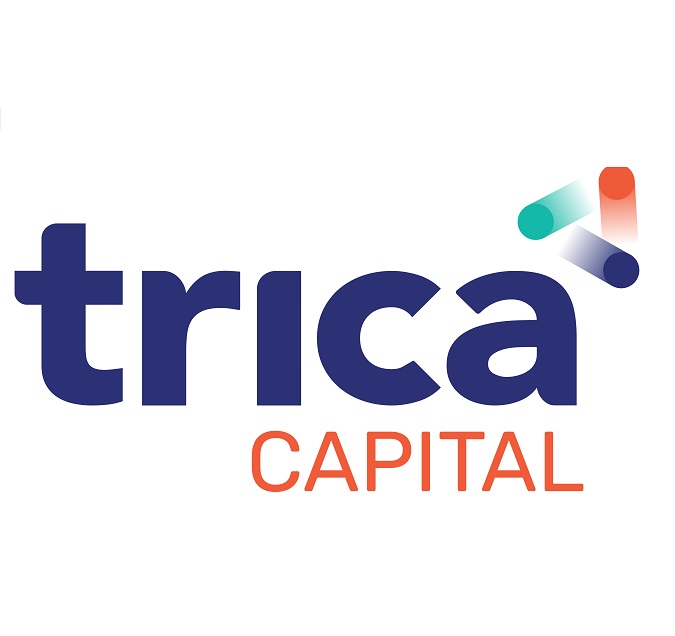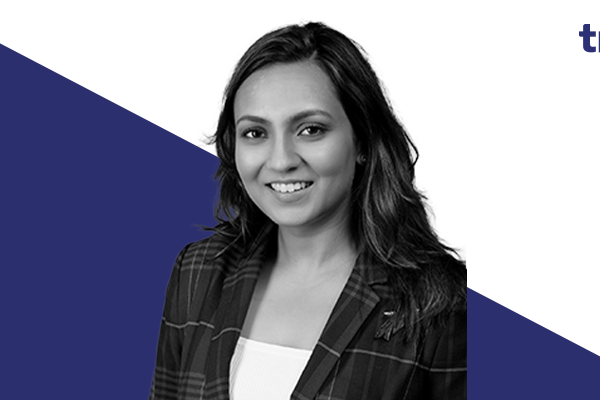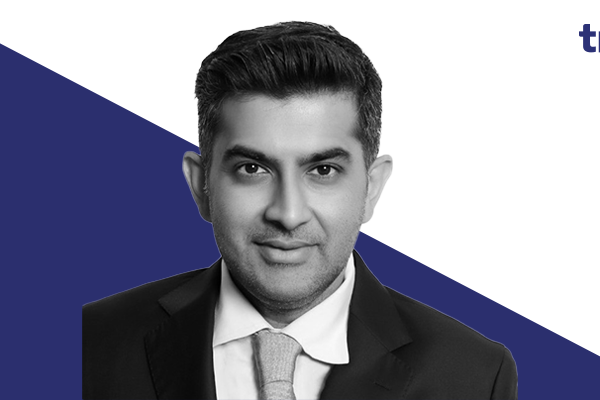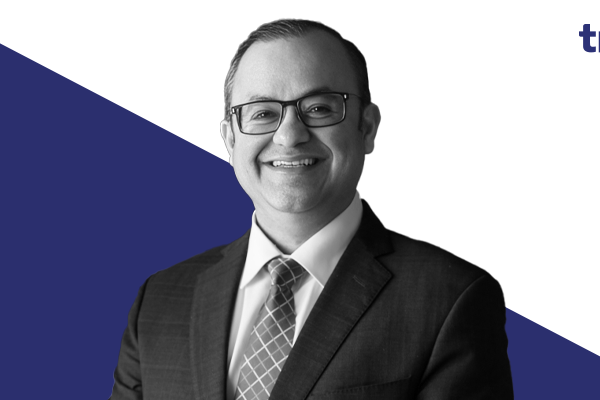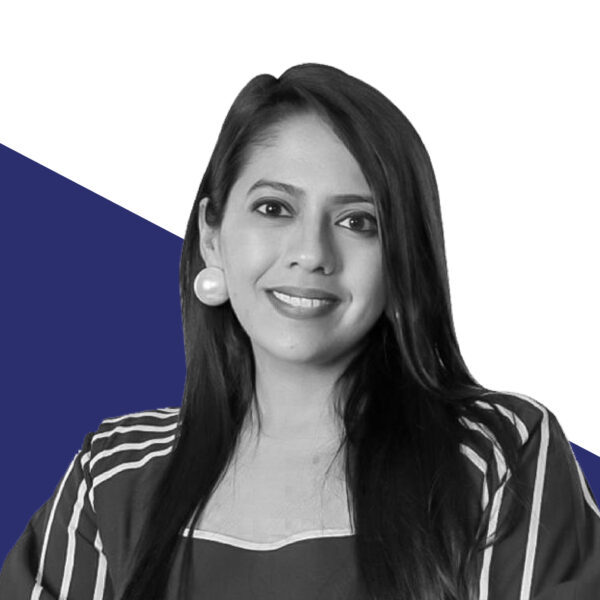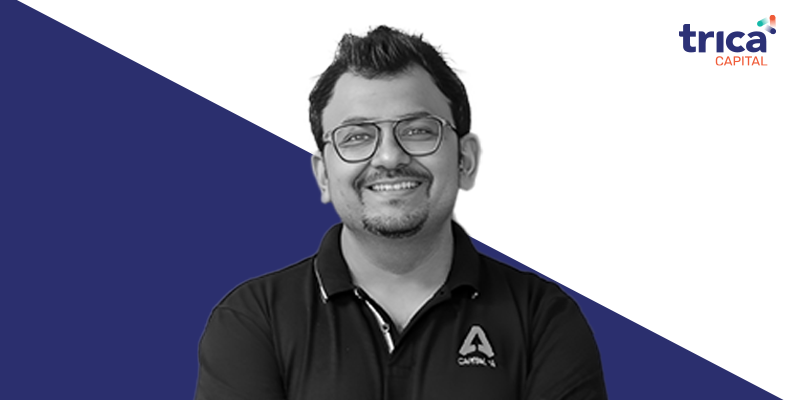
Ankit Kedia on building the Rs 200 Cr fund Capital-A
Ankit Kedia is the founder and lead investor at Capital-A, a Rs 200 Cr venture capital fund that invests in early-stage startups.
He is also an angel investor and an entrepreneur, best known for his work at Manjushree Technopack, where he serves as the Managing Director. Mr Kedia, along with other members of the family, helped Manjushree reach a leadership position in the plastic packaging industry. Championing eco-friendly practices, Manjushree has acquired a manufacturing firm in sustainable paper cups and containers for food packaging.
He holds a bachelor’s degree in food marketing from Western Michigan University and completed a post-graduation degree from SP Jain Institute of Management and Research in Mumbai.
At LetsIgnite 2023, India’s largest conclave for startup investors, Mr Kedia was part of a panel discussion on the young titans of family offices in India. Here’s an excerpt from a panel discussion.
Ankit, when you had a liquidity event in your promoter family, you all decided to start deploying capital more actively across various asset classes. How did you approach startup investments at the time and how has it gotten formalised in the last few years?
Just for context, my family and I ran a company called Manjushree Technopack Ltd, which was India’s prominent supplier for packaging anything in rigid plastics to almost every consumer brand in the country. In 2014, we had our first private equity infusion with a homegrown private equity fund called Kedaara Capital.
They got a significant minority and bought 40 percent into the company. Then, in 2020, we got a complete exit when US-based PE firm Advent bought us out. By then, we had five years of learnings of setting up the family office and we decided to completely formalise it with a professional CEO and make a very watertight Investment Policy Statement (IPS).
It took some time for us to mature and not to handle day-to-day investments. You get tempted because you keep reading things online and newspapers and everything and you want to get inside the operating nature of investments. That’s when we decided that public investments will be handled by the family office and that there’s a lot of unlearning to be done when it comes to private markets.
We decided not to infuse the private investment asset class with the family office and started Capital-A which is a Rs 250 Cr fund. The culture of investment in public markets is substantially different from private markets. That was the transition and I think so far, so good. 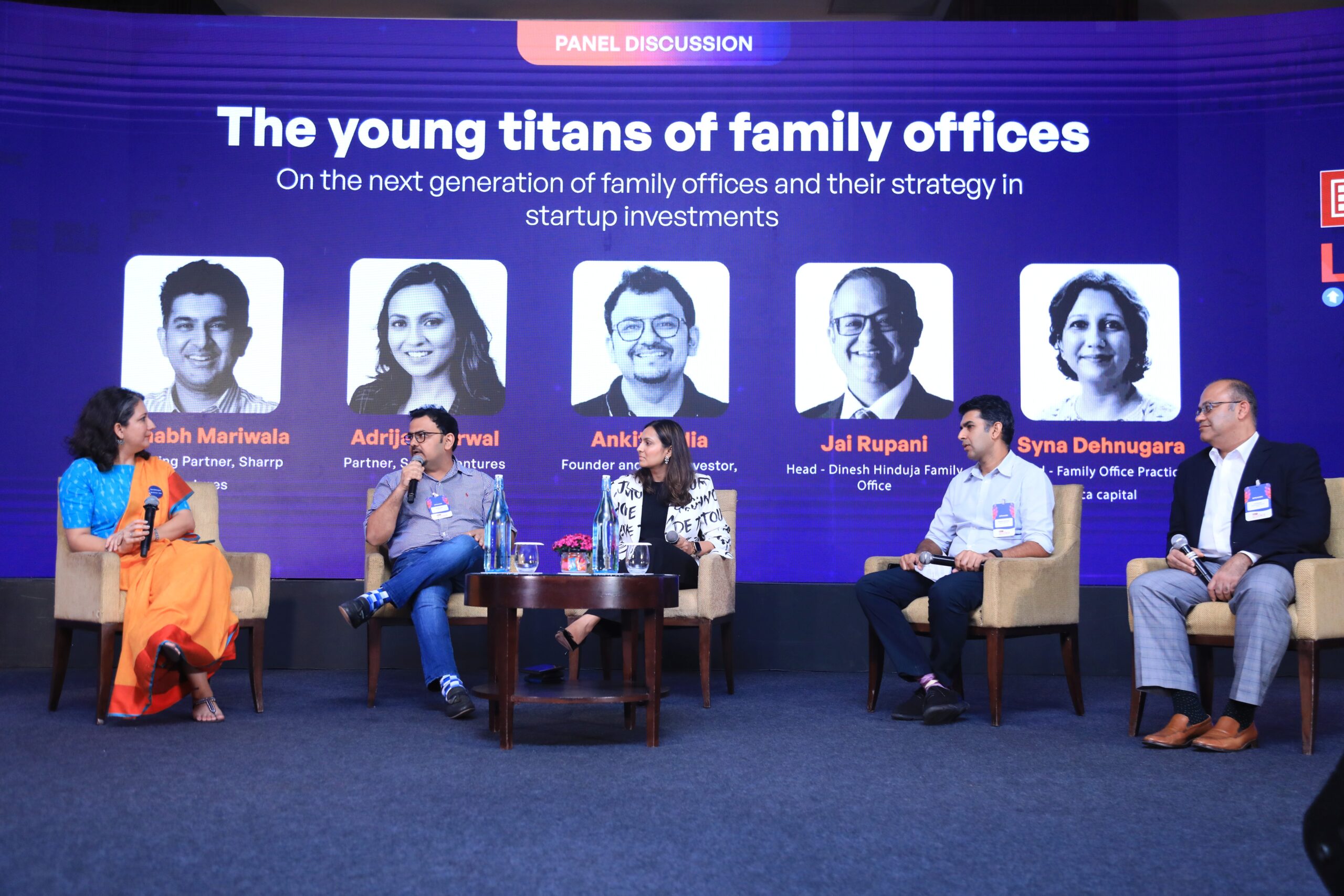 What is the role that family offices as large capital allocators can play in this market?
What is the role that family offices as large capital allocators can play in this market?
For us, one thing was very clear. Because we’ve had a liquidity event, the primary objective of the family office was wealth conservation versus wealth creation. I was fortunate to be a second-generation entrepreneur but my father started 43 years ago and all his hard work created that liquidity event.
Wealth has been created. The effect of compounding can come in with just consistent focus on your target IRR and not taking too many adventurous, tactical calls on your investment.
As far as the ecosystem is concerned, we focus on our manufacturing DNA. We just wanted to stay in manufacturing, continue to open factories, and continue to create jobs. I wasn’t really overthinking too much on the ecosystem creation bit.
What would you like to see GPs in India do differently? How would you like to see the capital differently deployed?
Usually, the conversations around giving co-investment opportunities and the contribution we bring to the table is used by a lot of VC funds as bait. It happens before your drawdown and the day the drawdown happens, it is a forgotten story.


